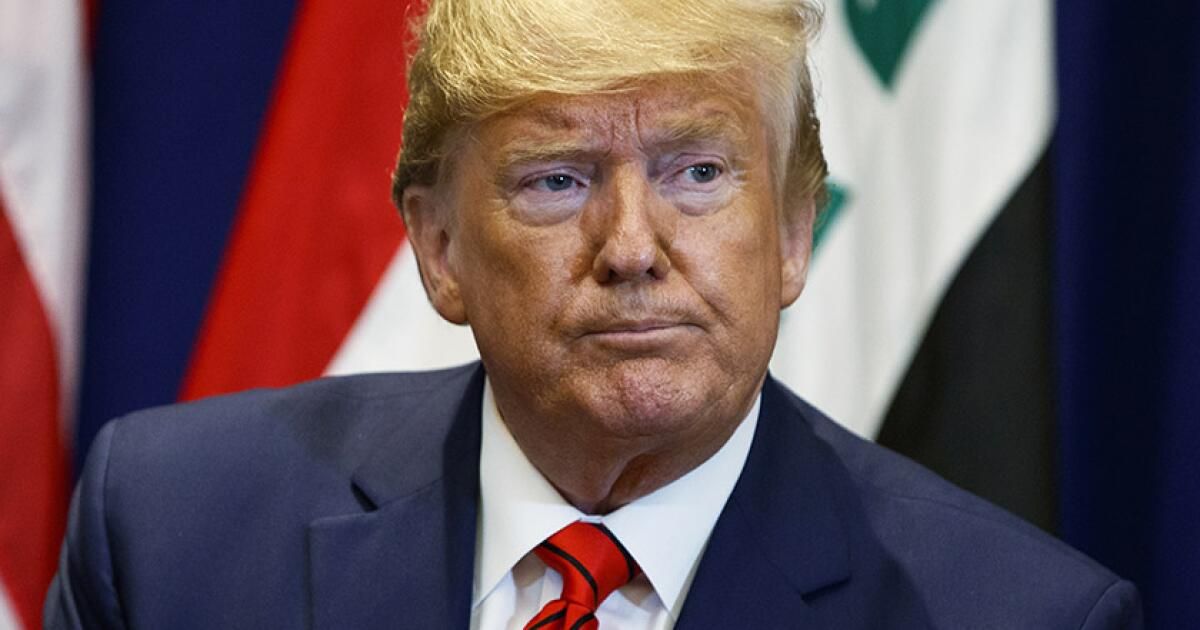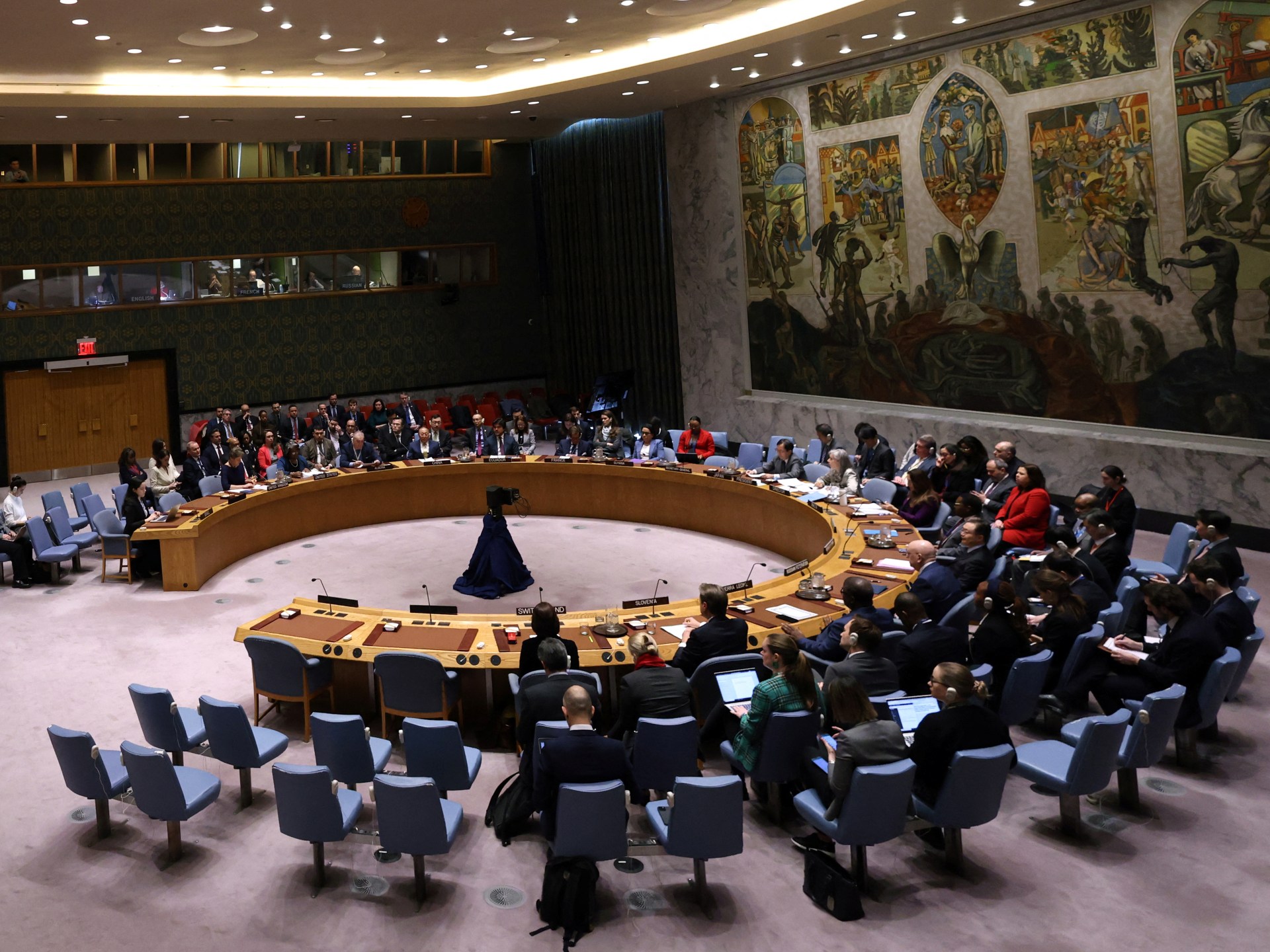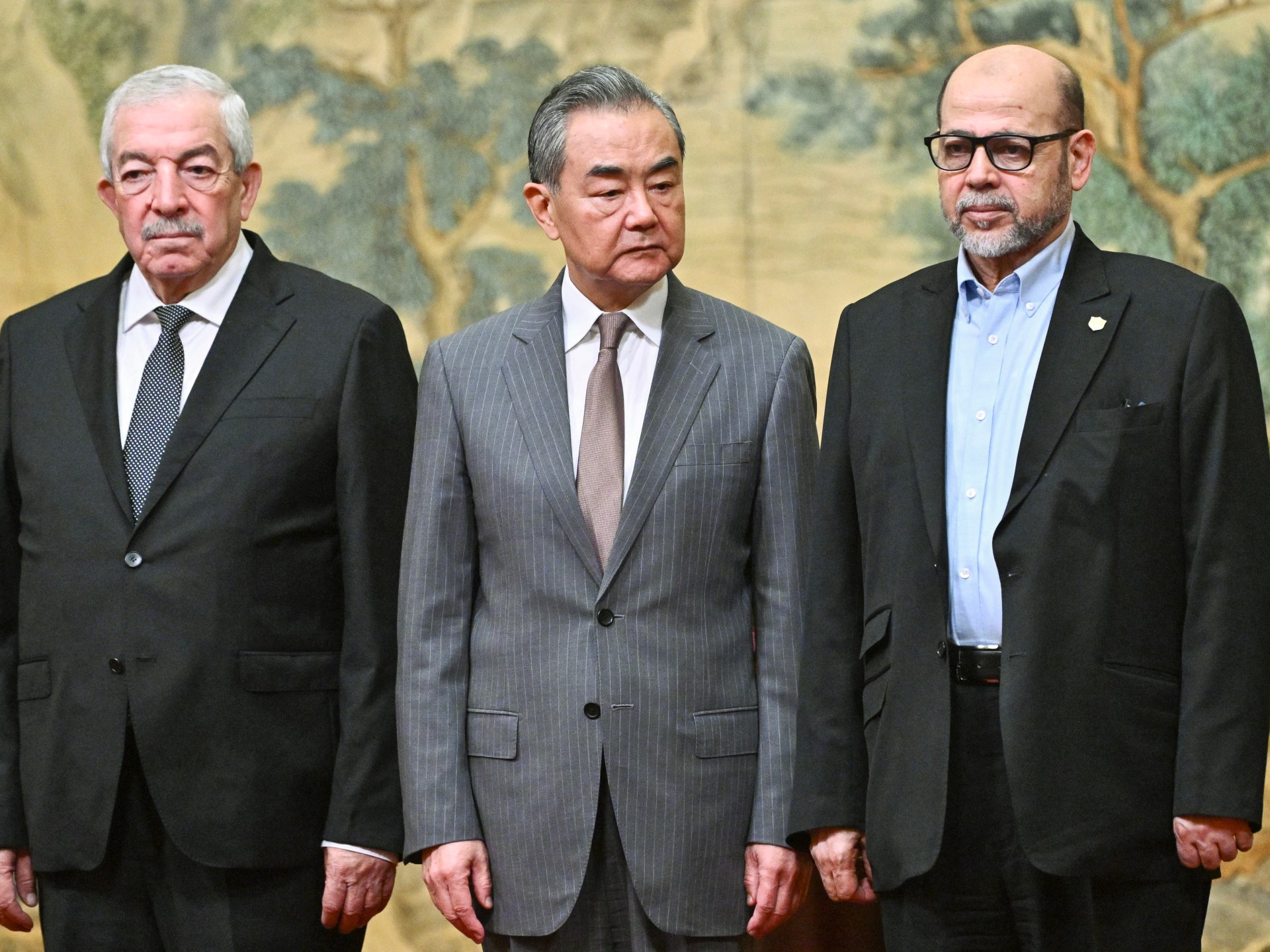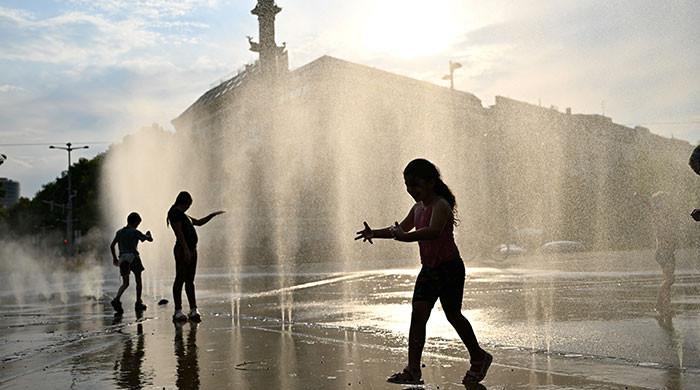A District of Columbia Court of Appeals panel on Tuesday unanimously rejected former President Trump's claim that he is immune from prosecution on criminal charges that he conspired to overturn the results of the 2020 election.
“For the purposes of this criminal case, former President Trump has become a Trump citizen, with all the defenses of any other criminal defendant. But any executive immunity that may have protected him while president no longer protects him against this prosecution,” the bipartisan three-judge panel writes in his opinion.
The opinion systematically picked apart the arguments presented by Trump's legal team.
“At its core, former President Trump's position would collapse our system of separated powers by placing the president beyond the reach of all three branches. Presidential immunity from federal prosecution would mean that, as far as the president is concerned, Congress could not legislate, the executive could not prosecute, and the judiciary could not review. “We cannot accept that the Presidency places its former occupants above the law forever,” the ruling states.
The judges also said their decision was influenced by the seriousness of the charges brought against Trump, considering the people's interest in the election as a check on presidential power.
“Immunizing the actions of former President Trump “would further aggrandize the presidential office, which is already so powerful and relatively immune to judicial review, at the expense of Congress,” he says.
Trump is charged with four federal crimes including conspiring to obstruct the official certification of President Biden's election victory and attempting to defraud Americans of their legitimate votes.
The decision is likely to be quickly appealed to the Supreme Court. Trump has until Monday to appeal, the judges ordered, otherwise the case can move forward. He could ask the Supreme Court for a stay to extend that date.
In December, the high court rejected an emergency appeal by special prosecutor Jack Smith to bring the case to the appeals court.
Now that the D.C. Circuit Court of Appeals has ruled, the Supreme Court can agree to resolve the constitutional question raised by Trump's claims, or it could let the appellate ruling stand, which would amount to a defeat for Trump. The former president had signaled plans to use presidential immunity as a defense in his four criminal cases.
What happens next in the immunity case will likely determine when Trump's election interference trial begins. Earlier this month, the March 4 trial was removed from Judge Tanya Chutkan's calendar. Pretrial filings have been on hold since December.
Trump's lawyers said the criminal charges should be dismissed on the grounds that a former president cannot be charged with a crime for his “official acts” while in the White House.
But the opinion rejected that, saying that “it would be a striking paradox if the president, who alone has the constitutional duty to 'see that the laws are faithfully executed,' were the only official capable of defying those laws with impunity. “
Trump and his legal team argued that a president cannot make necessary decisions for the country if he is worried about facing criminal charges when he leaves office.
“Any mistake, even if well-intentioned, would be met with almost certain impeachment by the opposing party at the end of his term,” Trump said in an all-caps post on Truth Social on Jan. 20. “Even events that 'cross the line' must fall under full immunity, or it will be years of trauma trying to determine right from wrong.”
Trump campaign spokesman Steven Cheung said in a written statement that Trump will appeal to the Supreme Court.
“Without full immunity, a president of the United States could not function properly!” he wrote. “Prosecuting a president for official acts violates the Constitution and threatens the foundations of our republic.”
The opinion also dismisses that argument, saying it falls short of historical precedent and that other former presidents have publicly acknowledged that they were not entirely immune from criminal prosecution for official acts.
“As former President Trump acknowledges, this is the first time since the founding that a former president has been charged at the federal level. Weighing these factors, we conclude that the risk of former presidents being unduly harassed by baseless federal criminal prosecutions appears slight,” he states.
The panel also dismissed the argument that impeachment is the appropriate form of punishment.
Trump was impeached twice by the House, including for his alleged efforts to remain in office, but was not convicted by the Senate.
Trump's argument “would leave a president free to commit all types of crimes with impunity, as long as he is not charged and convicted,” the judges said. “No court had previously imposed such an unreasonable ‘impeachment first’ restriction on the criminal prosecution of federal officials.”
Smith, who is prosecuting Trump, argued that criminal charges can be filed once a president leaves office, particularly for actions unrelated to his official duties. That includes, Smith says, Trump's efforts to overturn the election results.
The special counsel said it would be dangerous for courts to rule that a president or former president has complete immunity from criminal charges.
The three-member DC panel included Judge Karen Henderson, an appointee of President George HW Bush, and Judges J. Michelle Childs and Florence Pan, both appointees of Biden.
Times staff writer David Lauter contributed to this report.












